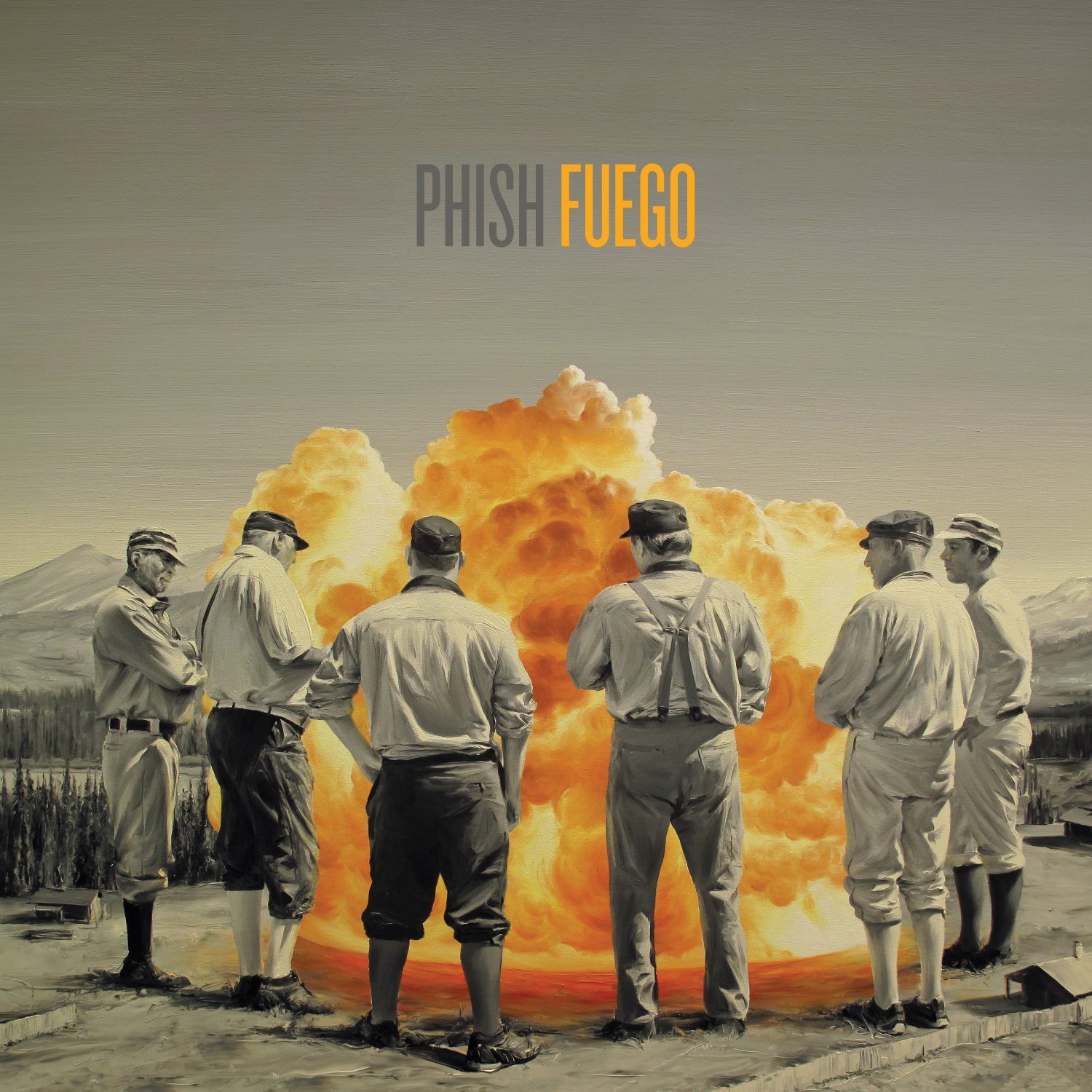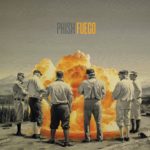
On Fuego, Phish’s first studio release since 2009, fans should prepare to hear a slightly different band than the one they’re used to.It’s the sound of Phish filtered through the mind of producer Bob Ezrin—a guy who spent the 1970s refining Alice Cooper’s classic cuts, as both his songwriting partner and producer. Ezrin also shares production credit on records by Kiss, Peter Gabriel and Pink Floyd. All of those bands—and even albums — may have taken their turn influencing Phish, but Ezrin’s commercial production style has hardly been present, at this level, on anything the Vermont foursome have previously authorized. On Fuego, such production is impossible to escape.Which is to say that it’s Ezrin’s album as much as it is Phish’s.
While the resulting sound will remain anomalous to the album, the songs themselves represent an exciting new era in Phishtory. Sure, the kings of jam-rock have gone jam-pop in places, and the band has definitely mellowed some with age… but so have the fans.
Some of these songs — most noticeably, “Fuego” itself—will form the basis of tomorrow’s second set centerpieces.They offer themselves here, in studio form, as the kind of veiled blueprints that Phish’s albums often provide. But Fuego’s sparkliest gems—like “Winterqueen” and “555”— soar even in the studio, thanks in part to the addition of the legendary Muscle Shoals horns.
Other cuts, such as “Waiting All Night” and “The Line,” may become frequent fliers at shows this year, but it’s the album-closing “Wingsuit” that achieves actual flight. Its annexed jam approaches something Pink Floyd may have once attempted—perhaps even under Ezrin’s watch.
Look, Fuego is different than anything you’ve heard from Phish before. Then again, so is every single show. And that’s the point, with this band. Which means, they’re the same band you know and love, after all. Which means, it’s okay to go ahead and love this album. Fuego is certainly worth it.



No Comments comments associated with this post